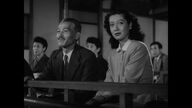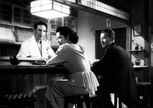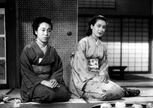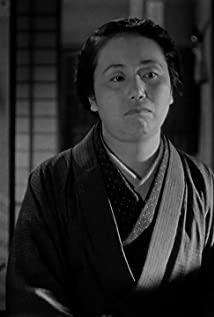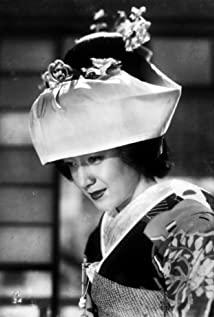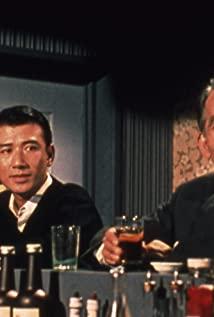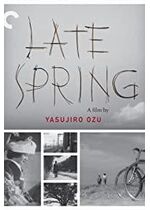-
Godfrey 2022-03-27 09:01:21
A simple and direct film, which uses a large amount of space to talk about daily trivial matters and the relationship between father and...
-
Kirsten 2022-03-27 09:01:21
I thought it would be peaceful, but also quite intense. It's not as boring as I imagined, but it's not boring at all... And music is very important, Ozu likes to ask a lot of words in one sentence... Fortunately, there is an aunt, otherwise how can we proceed? The footage has a backdrop of American...
-
Korey 2022-03-27 09:01:21
Electra's mind of an older...
-
Waylon 2022-03-27 09:01:21
Ozu, who has never been married and has been a mother-in-law, expresses the meaning of "filial piety" and "happiness" in the relationship between father and daughter. Ozu's films are always full of filial piety, and often discuss the concept of marriage, while Ozu himself is a workaholic. This is his "spirit of sacrifice". PS The Hara Setsuko laughing is really good-looking, Kasa Zhizhong's shyness, and Sugimura Haruko's matchmaker...
-
Kaitlyn 2022-03-26 09:01:14
I still can't drink this bowl of patriarchal sour water and boil it into delicious...
-
Vaughn 2022-03-26 09:01:14
"Late Spring" is a musical work. By controlling the subtle rhythms of action, dialogue and editing, the film seems to construct a sense of melody that lingers endlessly; It is like the sound and picture organization of a Passacaglia: the rhythm of the scene action and the story progress in the picture and the stuttering dialogue in the soundtrack are the additions on the theme of one or two "bass" in the background. Variations, this is undoubtedly a realm that very few works can reach. What...
-
Russell 2022-03-24 09:03:46
? ? ? ? ? Parents are all scourges, and they can't speak. This is not love father. . . Ozu is very aware of the perversion of this repressed hierarchical relationship, expresses it, and defends this perversion at the end. That is to say, his (conscious) own perversion takes precedence over it. . . Pure laughter? ? Setsuko Hara's fake smile can't be...
-
Mae 2022-03-24 09:03:46
After seeing the [Taste of Saury] in [Late Spring] for more than ten years, it is still the daughter who replaces her with her own role in the absence of her mother/wife, which leads to dependence and reluctance, or It's the discomfort of changing roles. Kasa Chi-jo, who came over to speak, seemed to have not changed in ten years. The film shows the degree of post-war westernization of Japan (Coca-Cola, Gary Cooper), but the film's context is still deeply oriental cultural...
-
Sylvester 2022-03-22 09:02:57
I really want to know if Noriko is happy...
-
Chelsea 2022-03-21 09:03:25
Under the lens of Ozu, the outdated concept of marriage and love and the slightly embarrassing family warmth of oriental society have a different kind of beauty, which is in sharp contrast with the westernized beauty and life of the girls after the war. Because it is very slow, I have to notice that many empty mirrors, especially those at home, have feelings. Kamakura's Hachimangu Shrine, Kodai-ji Temple, Electric Railway, Sea, Kyoto's Kiyomizu Temple, and Hyo-tei Cuisine are simply Japanese...
Late Spring Comments
-
Marshall 2022-02-02 08:03:47
After peeling the apple
The word "post-war" that occasionally appears in the characters' dialogue alludes to the era in which the story takes place. The war is now in the past tense, but the remnants of its shadow have penetrated into the corners of people's lives after the war. For example, Noriko's illness (which also...
-
Jettie 2022-02-02 08:03:47
Early samples of "Autumn Harmony" and "The Taste of Autumn Saury"/The beginning of a bad relationship
In 1942, after "When My Father Was Living", Ozu came to China to fight the invasion of China, where he worked to poison wells. It is reported that he is conscientious in poisoning work, as diligent and pragmatic as a director. After returning to China after the war, he successively filmed "The...
-
Shukichi Somiya: Just be happy. You'll try, won't you?
-
Shôichi Hattori: It was raining a bit last night. I was worried.
Shukichi Somiya: Fortunately the weather cleared.


